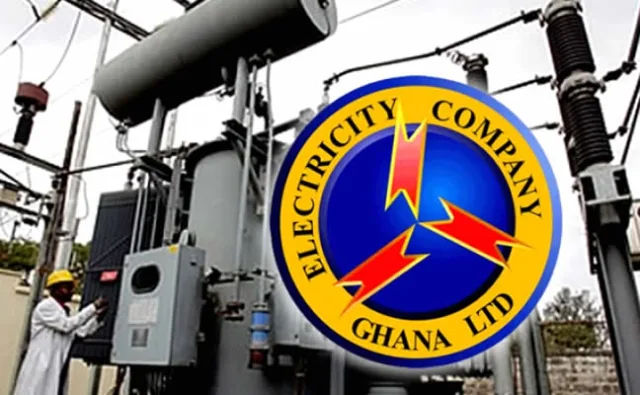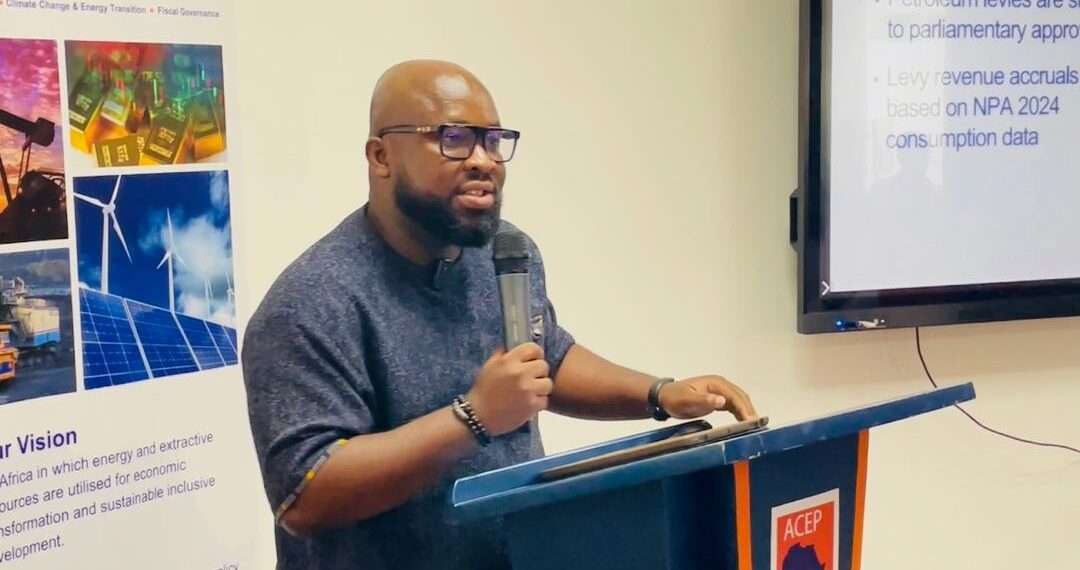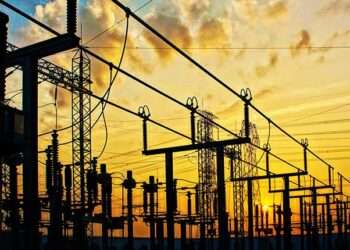The latest audit report by PricewaterhouseCoopers (PwC) has sparked renewed debate about financial mismanagement in Ghana’s power sector, particularly at the Electricity Company of Ghana (ECG).
The findings revealed a series of concerning practices that have disrupted the equitable distribution of revenue and undermined the integrity of the sector. Kodzo Yaotse, Policy Lead for Petroleum and Conventional Energy at the Africa Centre for Energy Policy (ACEP), has lauded the audit for shedding light on systemic inefficiencies and questionable practices at ECG.
In an interview, Kodzo Yaotse emphasized that ECG’s unilateral deviation from the agreed-upon CWM has deprived key stakeholders of their rightful share of revenue.
“This practice has forced the government to cover mounting debts owed to IPPs and other entities, costing the nation approximately $1.5 billion annually.”
Kodzo Yaotse, Policy Lead for Petroleum and Conventional Energy at ACEP
The financial practices exposed in the PwC report have far-reaching implications for Ghana’s power sector. By under-declaring its revenue collections, ECG has retained funds for its operations while shortchanging other stakeholders.
This has exacerbated the sector’s debt crisis, with the government bearing the burden of clearing arrears to IPPs and other entities from the national budget. “This is unsustainable,” Yaotse stressed.
“ECG cannot unilaterally decide to divert from a system that was designed to address revenue challenges in the sector.
“If they have legitimate concerns, those should be addressed through the proper channels rather than through unilateral actions.”
Kodzo Yaotse, Policy Lead for Petroleum and Conventional Energy at ACEP
The mismanagement has also raised questions about how ECG utilizes the funds it retains. According to Kodzo Yaotse, much of the retained revenue has been used for questionable purposes, further eroding trust in the company’s financial stewardship.
The PwC audit uncovered significant discrepancies in ECG’s financial operations, chief among them being the under-declaration of over 1 billion cedis in revenue to the cash waterfall mechanism (CWM).
The CWM is a critical framework designed to ensure the equitable distribution of revenue among power sector stakeholders, including independent power producers (IPPs), distributors, and other entities.
Need for Urgent Reforms

The inefficiencies highlighted in the PwC report have underscored the urgency of reforming ECG’s financial practices and governance structures.
Kodzo Yaotse called for immediate measures to address the issues identified in the audit, warning that continued mismanagement would have dire consequences for the power sector.
One of the key recommendations is to streamline ECG’s operations by consolidating its bank accounts into a single account, as mandated by the IMF. This would enhance transparency and simplify financial oversight, reducing the risk of mismanagement.
He also stressed the importance of enforcing compliance with the CWM to ensure that all stakeholders receive their fair share of revenue.
“ECG must be held accountable for its actions. The government and regulatory bodies must ensure that the company adheres to the principles of the cash waterfall mechanism.”
Kodzo Yaotse, Policy Lead for Petroleum and Conventional Energy at ACEP
Furthermore, he called for greater transparency in how ECG utilizes retained funds. According to the organization, a comprehensive audit of ECG’s expenditures is necessary to determine whether the funds have been used appropriately.
Kodzo Yaotse warned that without decisive action, the sector’s financial challenges would continue to worsen, ultimately affecting the reliability and affordability of power supply.
“The power sector is a critical driver of economic growth. Ensuring its stability and sustainability is not just an economic imperative but also a moral obligation.”
Kodzo Yaotse, Policy Lead for Petroleum and Conventional Energy at ACEP
The PwC audit has served as a wake-up call for Ghana’s power sector, exposing systemic inefficiencies and mismanagement at ECG. As the largest distributor of electricity in the country, ECG’s actions have far-reaching implications for the sector’s stability and the nation’s economic future.
ACEP’s commendation of the audit underscores the importance of transparency and accountability in addressing the sector’s challenges.
Moving forward, stakeholders must prioritize reforms that enhance financial oversight, enforce compliance with revenue distribution mechanisms, and foster trust among sector players.
Without these reforms, the power sector’s financial woes will persist, undermining Ghana’s energy security and economic growth.
The government, regulators, and ECG must work collaboratively to restore integrity and stability to the sector, ensuring a reliable and sustainable energy future for all Ghanaians.
READ ALSO: Barker-Vormawor Slams NPP Politicians Over Expired Family Value Bill





















